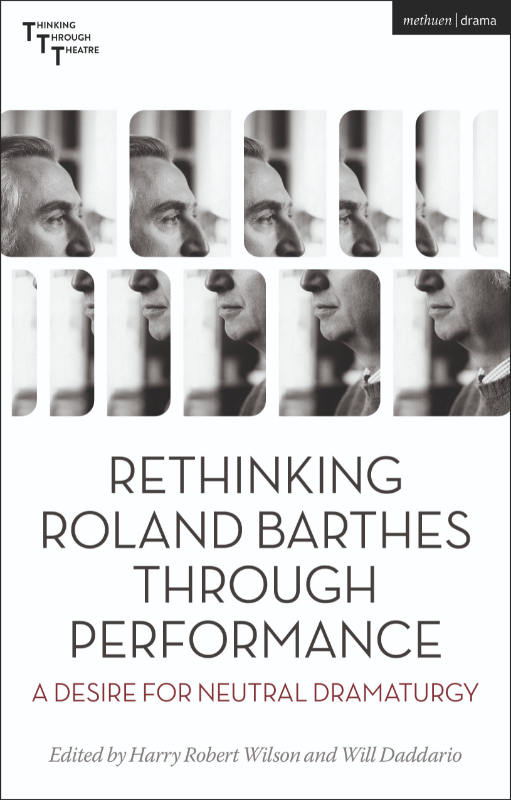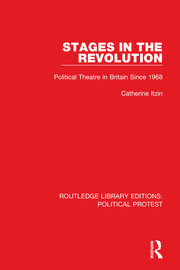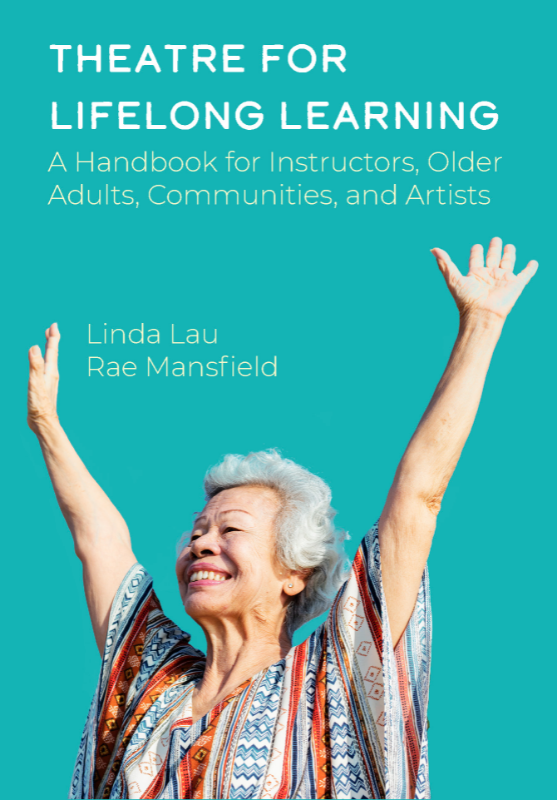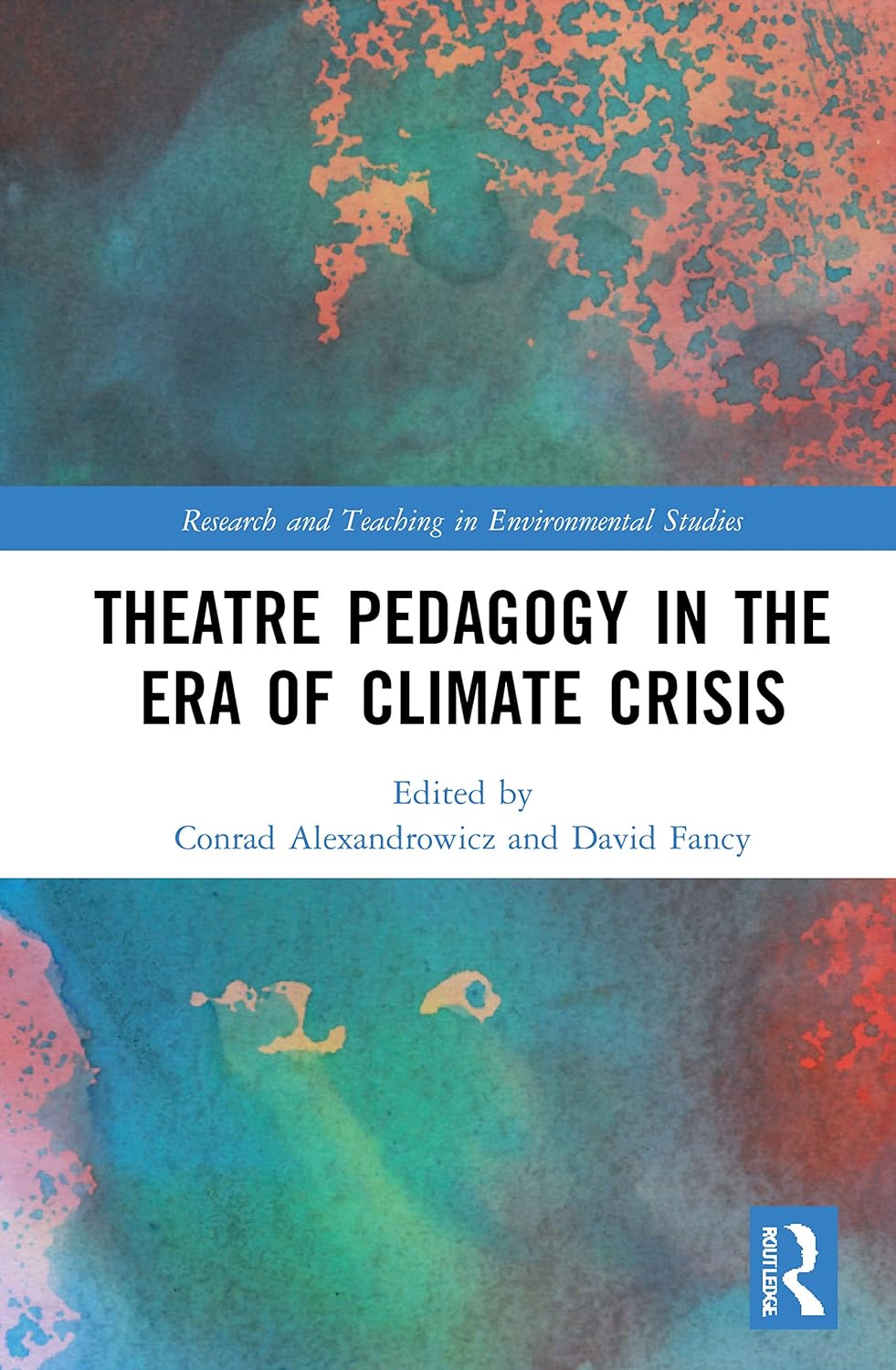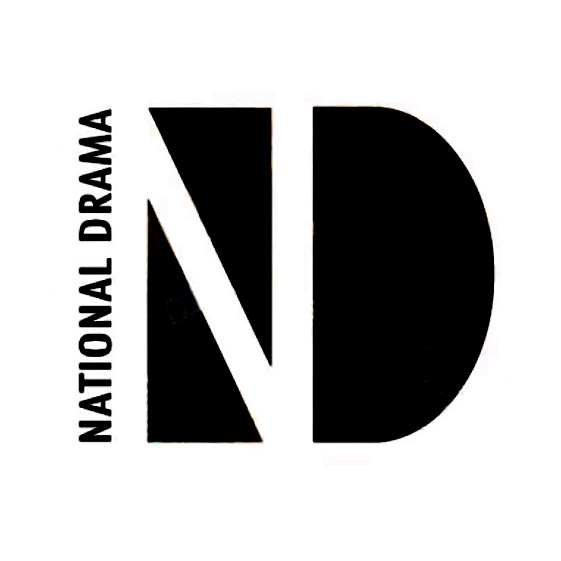Rethinking Roland Barthes through performance
Barthes belonged to a hugely influential group of intellectuals who took the post-war work of Jacques Lacan and ran with it into the late twentieth century and beyond; these included Deleuze, Kristeva, Foucault, Cixous, Althusser, and Irigaray. Like Barthes they all experienced the cultural shift from structuralism to poststructuralism that Lacan had identified in Freud’s work on the unconscious – and they each tried to get their heads around its implications in their different ways.

